Koolboks, a Nigeria- and France-based cleantech startup that builds solar-powered freezers and sells to businesses, has raised $11 million in Series A funding to expand its cooling-as-a-service business across Africa and establish its first local assembly plant in Nigeria.
The Series A was co-led by KawiSafi Ventures, Aruwa Capital, and All On—the latter two being returning investors from Koolboks’ 2022 seed round—with additional debt financing from FFEM and bpifrance. The startup also secured grants and financing from FFEM/AFD, PREO (co-funded by UK Aid and the IKEA Foundation), Efficiency for Access, Innovate UK, BGFA Uganda, CEI Africa, and the Shell Foundation. The raise brings Koolboks’ total funding to $15.4 million, according to Crunchbase.
In countries like Nigeria, Côte d’Ivoire, and Senegal, cooling is not a luxury. It is the difference between a trader keeping food fresh or watching it spoil, or between a clinic preserving vaccines or losing them to power cuts. Koolboks is betting that solar power, paired with smart financing and IoT monitoring, can change that equation by making reliable refrigeration affordable and accessible.
“Every day, I meet small business owners, mostly women, who are forced to throw away unsold food or burn diesel just to stay open,” said Ayoola Dominic, co-founder and CEO of Koolboks. “This raise allows us to deepen our reach, build locally, and put power back in their hands.”
Founded in 2018 by Dominic and Deborah Gaël, Koolboks has deployed more than 10,000 solar freezers across 25 countries, with Nigeria as its largest market by revenue, followed by Côte d’Ivoire and Senegal. Customers can buy freezers outright or on installment through pay-as-you-go (PAYGO) financing options. Koolboks has also expanded into financing with Koolbuy, a platform that offers buy-now-pay-later (BNPL) for Koolboks’ solar freezers and third-party cooling products.
The new funding will support the setup of a local assembly plant in Nigeria within the next 12–18 months, a move the startup expects to cut operation costs on logistics and import duties. Koolboks will pass on this lower cost to end-users, bringing down prices by 15–20%, to attract new users.
The funding will also accelerate Koolbuy and Scrap4New, a trade-in program that lets customers exchange old or broken freezers for discounts on new units. Returned machines are refurbished into solar-powered freezers and resold at lower prices, while others are stripped for parts or recycled, cutting waste and widening access to affordable cooling.
Beyond selling hardware and freezers, Koolboks is building a data-driven energy-tech platform. Its IoT-enabled units track temperature, usage, and payments remotely, which helps customers manage their freezers better and gives the startup recurring revenue from financing and data services.
“This isn’t just about technology,” said Gaël. “It’s about economic freedom for women, families, and communities. This funding helps us reach the people who’ve been overlooked for too long.”
Koolboks has carved out a niche by combining locally assembled solar freezers with flexible financing, IoT monitoring, and trade-in programmes. While local players like ColdHubs and SunDanzer and foreign companies such as EcoCooling offer solar-powered cooling, few provide the same mix of hardware, financing, and data services. The upcoming Nigerian assembly plant should also help Koolboks stay competitive on price and reach more businesses.
Koolboks’ investors see opportunity at the intersection of climate resilience, financial inclusion, and last-mile distribution in the global $271.9 billion cooling industry. Cooling in Sub-Saharan Africa remains an underpenetrated market due to regulatory hurdles around trade, bottlenecks around securing off-grid solar product certifications for operators, fintech add-ons, high equipment costs, and lack of financing for consumers. This leaves at least 40% of the populations in countries like Mozambique, Nigeria, and Sudan at high risk from inadequate access to cooling, leading to food spoilage and lost income for small businesses.
Koolboks noted that Kenya and parts of Central Africa have been tougher markets to penetrate, citing regulatory and financing hurdles. Yet the startup is doubling down on its strongest markets, weaving together hardware, financing, and data to position itself not just as a refrigeration provider but as a platform serving millions of small businesses and households long shut out of affordable cooling.
Mark your calendars! Moonshot by TechCabal is back in Lagos on October 15–16! Join Africa’s top founders, creatives & tech leaders for 2 days of keynotes, mixers & future-forward ideas. Early bird tickets now 20% off—don’t snooze! moonshot.techcabal.com
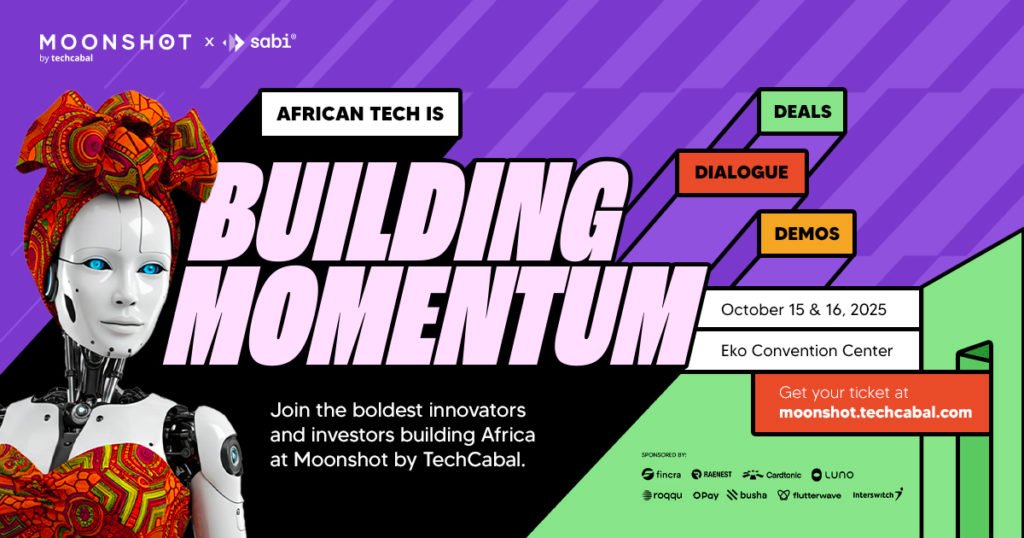

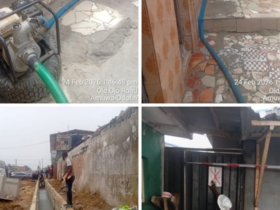
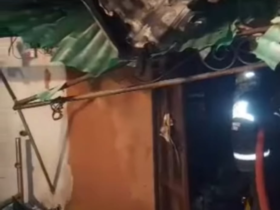
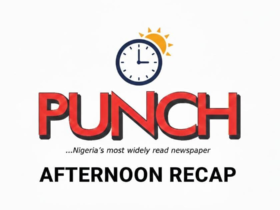
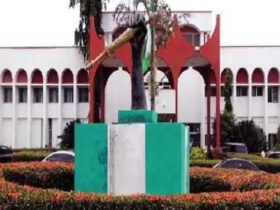
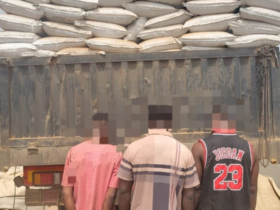
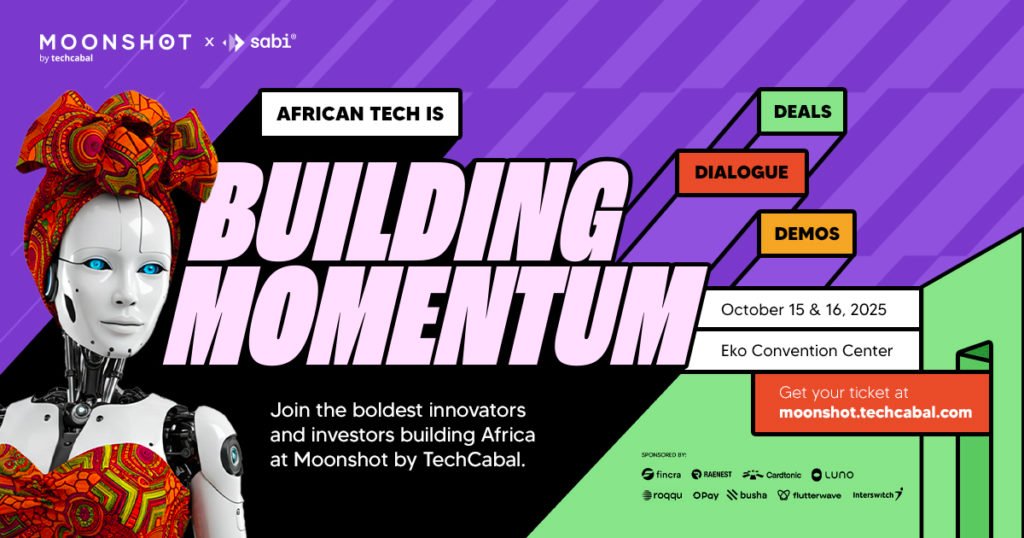
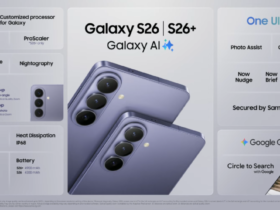
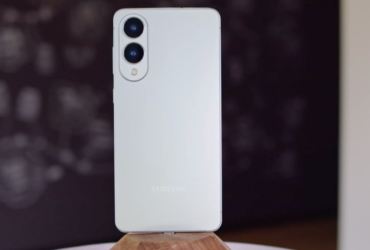
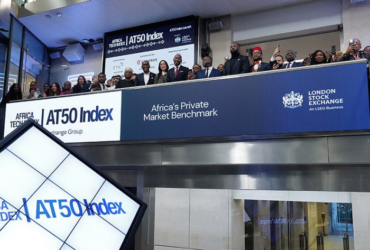
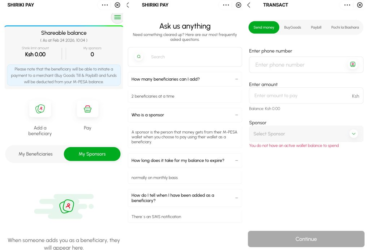
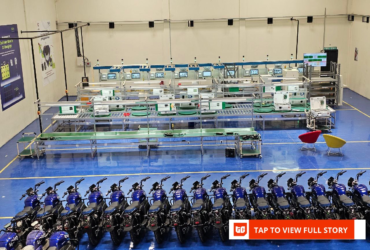
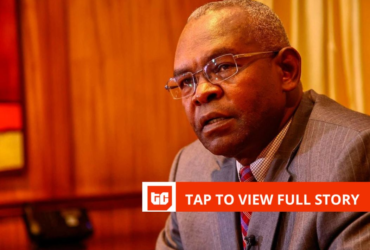
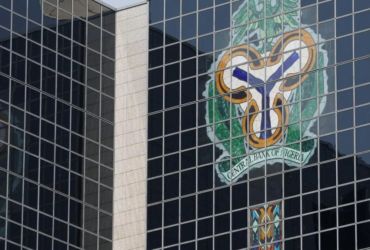
Leave a Reply